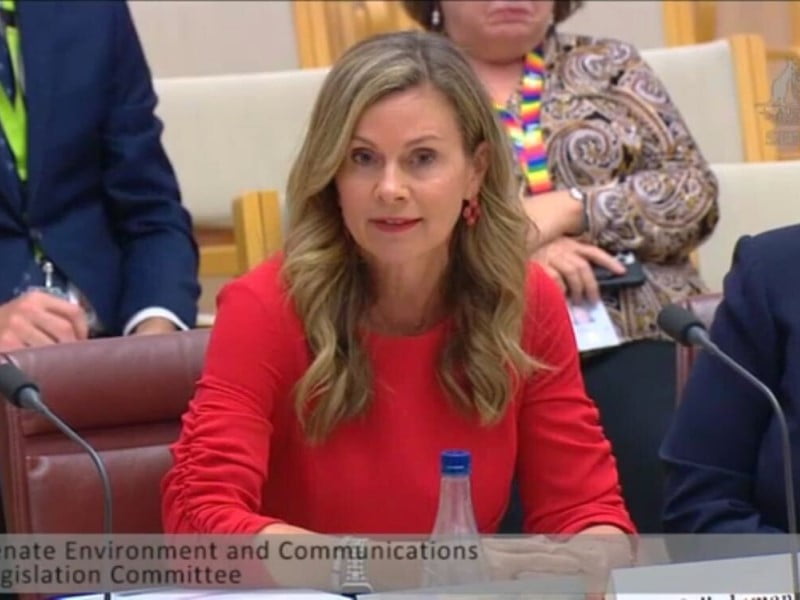Search engines like Google and Bing will face penalties or injunctions for failing to take action against access to illegal and harmful content from Tuesday with the arrival of the sixth online safety industry code.
The search engine service code is the last of six industry-developed codes outlining appropriate steps that technology providers should undertake to detect and prevent access to child sexual abuse and pro-terrorism material to come into effect.
eSafety Commissioner Julie Inman Grant may seek civil penalties or injunctions against companies that fail to comply with the codes. She also has the power to replace the codes with mandatory industry standards should they prove to be inadequate.

Social media platforms, app stores, internet service providers, hosting providers, and device manufacturers and suppliers are covered by other active codes.
Mandatory standards covering file storage services like Apple iCloud and Google (designated internet services) as well as the code covering dating sites, online games, and instant messaging (relevant electronic services) are also being developed.
Ms Inman Grant said the arrival of the search engine code will help restrict global trade in “worst-of-the-worst” online content.
“[The code] will target illegal content and I will be able to seek significant enforceable penalties if search engines fail to comply with a direction to comply with the code,” Ms Inman Grant said.
“Creating this code has not been entirely smooth sailing. The sudden and rapid rise of generative AI and subsequent announcements by Google and Bing that they would incorporate AI functionality into their search engine services meant the original code would have been out of date before it commenced.”
The eight draft industry codes were initially rejected in February 2023 for failing to address issues that Ms Inman Grant had raised “many times”. Five industry codes were eventually registered in June 2023.
At the time, a decision was withheld on the search engine codes as the eSafety Commissioner called on industry to add additional provisions to deal with search engines integrated with AI, an emerging feature. The code was eventually accepted in September 2023.
On Tuesday, Ms Inman Grant thanked the participating industry associations for their work for their “willingness to go back and redraft the code to make it fit for purpose”.
The development of two mandatory industry standards is still ongoing after the codes failed to enforce the use of file scanning technology to identify child sexual abuse and pro-terrorism material on distributed internet services and relevant electronics services.
Feedback on the draft standards, collected between November and December 2023, is being considered by eSafety with the final versions to be tabled in parliament for consideration later this year.
Do you know more? Contact James Riley via Email.

